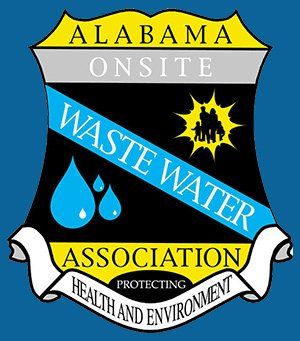Debunking 3 Septic System Misconceptions
- By Admin
- •
- 10 Nov, 2021
- •
Septic systems might seem complicated to many homeowners. Some people don't understand how these systems work, which leads to a huge misunderstanding on how to maintain a healthy septic system. As a result, some misconceptions have come to light, most of which are inaccurate.
This post debunks some of the most common misconceptions about septic systems to help you avoid unpleasant sewer odors, backups, and septic failure.
1. You Can Use Additives to Substitute for Septic Tank Pumping
Additives are often advertised as lasting solutions to maintain the health of your septic system. Some manufacturers even claim that you shouldn't have to pump your septic tank if you use their product.
Unfortunately, constantly using these additives can kill off the existing bacteria inside the tank. And while some may contain enzymes that break down waste in your tank, the enzymes can't multiply. After a while, you may not have enough enzymes or bacteria to break down incoming waste. Eventually, these additives can cost you a lot of money due if your septic system fails.
Remember that a well-balanced septic system doesn't need help to treat the waste from your home. If you suspect that your tank might be too overwhelmed, schedule a pumping appointment with your contractor. You can also ask them for easy preventative care tips to help you avoid problems with your system in the future.
2. You Can Build Temporary Structures Over Your Septic Tank
Most people assume that because a septic tank sits deep in the ground, you can build a temporary deck or other structure on top. However, doing so makes your septic tank inaccessible to your contractor if they need to make any repairs or pump your tank.
In addition, any structure on top of your septic tank or drainfield can interfere with your system's natural breakdown of waste. For instance, the soil in your drainfield needs enough oxygen to ensure the proper treatment of wastewater. If a structure is on top of your drainfield, the soil may not absorb enough oxygen that it needs to treat waste.
Unfortunately, this problem can cause deeply seated issues that might damage an otherwise healthy tank. In addition, your drainfield might not handle much of the incoming wastewater. As a result, some of the waste eventually backs up into the plumbing fixtures in your home. Ensure that both your septic tank and drainfield stay open to avoid any surprises.
3. You Should Pump Your Septic Tank Only If It Smells
Some homeowners only worry about their septic system when something goes wrong. They wait until they notice foul odors from the drains or when their toilets start backing up. However, by the time these symptoms appear, the septic system might already be in trouble.
Raw sewage may back up into your yard if your tank has no room for new waste. Foul odors can also be a sign that your septic system doesn't treat the waste properly. Not only are the smelly fumes dangerous to your health, but they also make your home uncomfortable to live in.
You shouldn't wait until you smell raw sewage in your home before you schedule a septic pumping service. If you strain your system too much, it might fail prematurely and cost you a lot of money in repairs and replacements. Instead, make septic tank pumping one of your main preventative care strategies to ensure a longer system lifespan.
Consistency is crucial if you want your septic system to last longer. Be sure to seek professional guidance from experts like Allen's Septic Tank Service to help with the proper care of your septic system.
